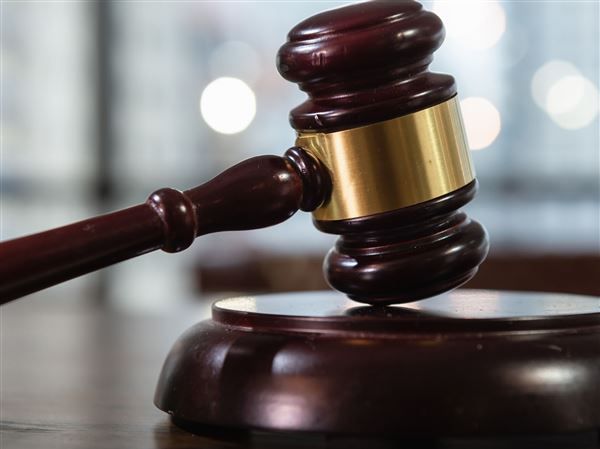On the 27th of July 2021, the High Court rendered its decision in HCCC 250 of 2017 - Jonathan M. Gikabu vs Safaricom Limited. The Judgement was delivered by the Hon. Lady Justice L. N. Mutende on behalf of the Hon. Lady Justice Grace Nzioka who presided over the matter.
In this commentary I will briefly discuss the decision while providing cross references to the said judgement. Download the Judgement here.
Analysis [Paragraph 1 - 58]
In this section of the Judgement, the learned Judge outlines the gist of the suit. She systematically goes through the Plaint, Defence, Reply to Defence and Hearing Proceedings.
Submissions [Paragraph 59 - 71]
After analysis, she then attempts to outline submissions from both the Plaintiff and the Defendant(Safaricom limited).
Download the Plaintiffs submissions here.
By quickly skimming through the Plaintiff's submissions above it's evident why I used the word 'attempt'. Curiously, the learned Judge will make no attempt to pronounce herself on, among others, validity of any of the impugned documents relied upon by the Defendant's witnesses or the failure by the Defendant to comply with section 106(4)(B) of the Evidence Act in supplying a Certificate of Electronic Records. Equally, she will not attempt make a finding on the admissibility of the undated flight itinerary supplied as evidence by the Defendant. Ordinarily, traveling is ever a question of time!
Determination [Paragraph 72 - 102]
In paragraph 72, the learned Judge clearly outlines 6 issues for determination.
- As to whether the Plaintiff is the originator of the alleged innovation, she proceeds to find the answer in the AFFIRMATIVE in paragraph 73 & 74.
- As to whether the Plaintiff's communication with the defendant contained a "legally effective and enforceable confidentiality clause", she proceeds to find the answer in the AFFIRMATIVE in paragraph 75.
- i) As to whether the Defendant was bound by the subject clause in (2) above -> ii) and/or breached it, she proceeds to find the answer 3(i) above in the AFFIRMATIVE in paragraph 87, she however does not unequivocally pronounce herself in regards to 3(ii) above in paragraph 88-97. Instead, she "declines to grant orders against Mr. Ron Webb" in paragraph 97, orders that we NEVER sought by the Plaintiff.
- As to whether the Defendant is liable for the subject breach (if any), as in 3(i) above, in paragraph 88-97, there seems to be no coherent determination of liability or better still no pronouncement congruent with an argument against liability by the defence. It actually seems as though the learned Judge has unfortunately taken up litigation.
- As to whether the prayers sought should be granted, the learned Judge declines to grant the orders sought in paragraph 101.
- As to who will meet the costs of the suit, the learned Judge orders that each party meet its own costs.
In her determination, the learned Judge curiously finds that Plaintiff is the originator of the innovation in question (Issue 1 above), that the Defendant had an obligation of confidence once in possession of the Plaintiff's proposal and yet somehow absolves the Defendant of any liability after replicating the Plaintiff's solution and launching it as MPESA 1-Tap.

